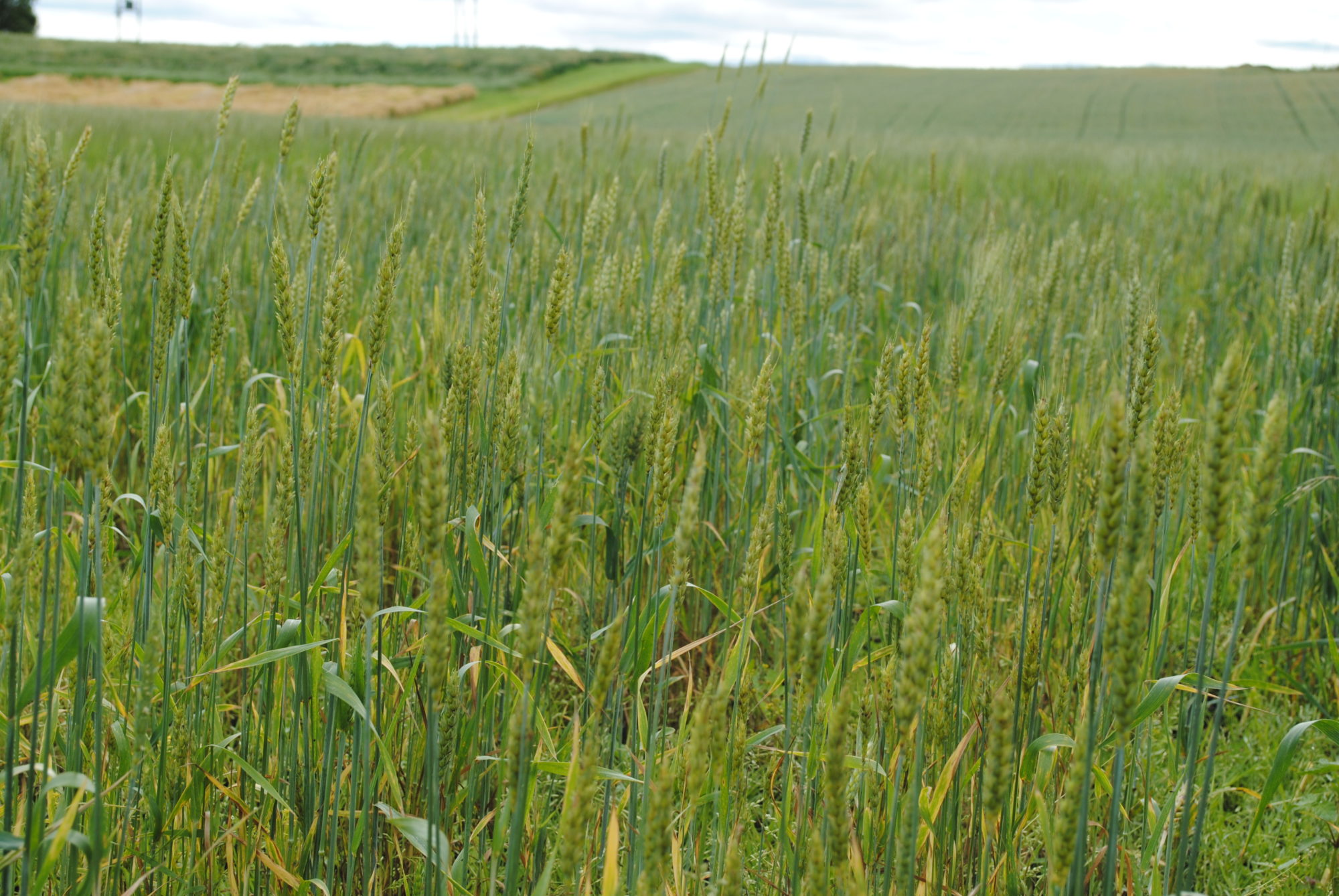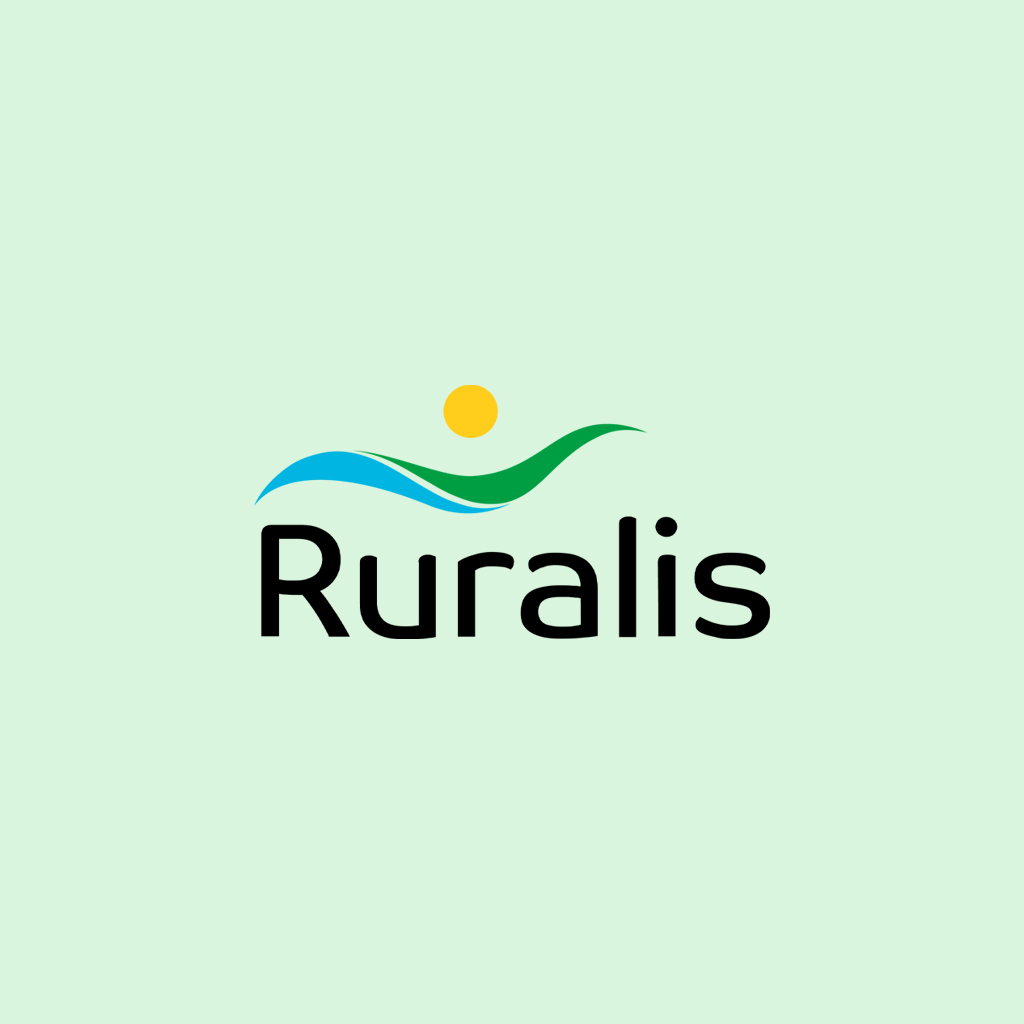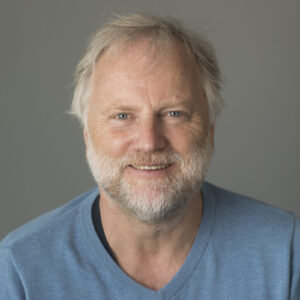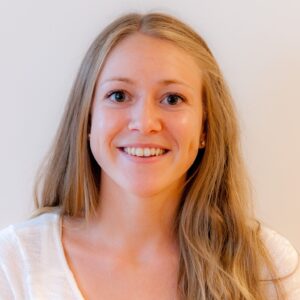
Agropro. Agronomy for increased food production. Challenges and solutions
About the project
Agropro. Agronomy for increased food production. Challenges and solutions
WP3 Socio-cultural and structural barriers and potentials. WP leader; Jostein Vik
Aims: (1) To explore how social conditions, organisation, culturally embedded beliefs, goals, and current practices of the farm household interact with farm production objectives and choices; (2) to unveil how enhanced production is facilitated or constrained by the legislative framework and the structural organization of Norwegian agriculture and explore what can be done to remove barriers or enhance opportunities.
Methods and data: WP 3 will analyse socio-cultural and structural issues at the farm level. The WP applies a mixed method approach to several sources of data:
First, we build on CRR’s biannual survey “Trends in Norwegian agriculture (2002 – ongoing)”. The 2014 survey will be expanded by adding several questions developed through a process where qualitative data and existing statistical data are evaluated to identify key issues for the research questions. Relevant questions on agronomic practices developed together with partners from UMB and Bioforsk will also be included. The questionnaires will be coupled with data on land use from The Norwegian Agricultural Producers Register. Statistical data will be analyzed using e.g. multivariate methods like latent variable analysis and regression models.
Second, a qualitative investigation of farm households in selected regions and farming systems will examine socio-cultural foundations of production choices and agricultural practices in greater depth. These studies will employ in depth interviews and observations with farmers and farm families as well as group interviews organized around selected farming systems. The interview data will be supplemented with cartographic input on fragmentation, soil qualities, weather conditions etc. These data will be implemented in cooperation with Norwegian Forest and Landscape Institute.
Using the farm as the analytical unit and employing statistical data and methods, cartographic data and several types of qualitative data and methods in concert, will provide a sound basis for developing new insights on the constraints as well as possibilities for increased sustainable agricultural production in Norway.
Project details
Project leaders
External project coordinator
Project number
6297.00
Project period
01/04/2013 - 31/03/2017
Collaboration partners
NIBIO and NMBU
Financing
News
Sorry, we found no news related to this project.
Contact us
Would you like to get in touch with us?
Fill in the form below and we will answer you as soon as possible.



